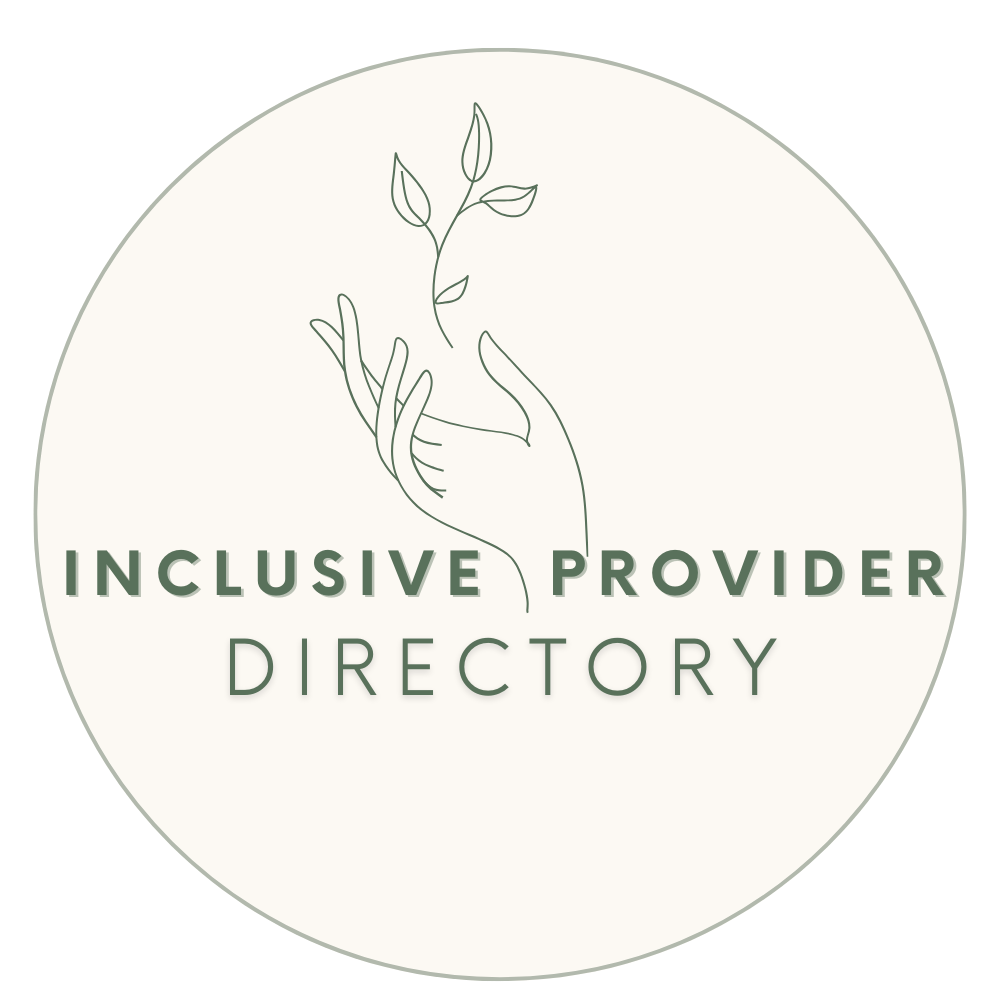Acknowledging Mom Guilt and Pressure: How Inclusive Coaches Help Mothers Delegate and Thrive
Motherhood is a profound journey filled with joy, love, and fulfillment, but it also comes with its fair share of challenges, including pervasive feelings of guilt and societal pressures. Many of us call this feeling "mom guilt," a phenomenon where self-doubt and inadequacy arise as mothers strive to meet both personal and societal expectations. A staggering 87% of mothers report feeling guilty at some point, with 21% feeling this way "all the time" according to safes.co.
Acknowledging these feelings, rather than simply trying to overcome them, is crucial for mental health and well-being. Recognizing mom guilt as a common and valid experience can help mothers navigate these emotions more effectively. This is where inclusive coaches come into play. These providers offer a unique, empathetic approach to help mothers manage guilt and societal pressures, enabling them to delegate responsibilities and thrive.
Understanding Mom Guilt and Pressure
This guilt can stem from various sources, including:
Work-life balance struggles
Time spent away from children
Decisions about childcare
Parenting choices (e.g., chestfeeding vs. formula feeding)
Personal time or self-care activities
Comparison with other mothers or idealized notions of motherhood
Societal pressure, on the other hand, refers to the external expectations and judgments placed on mothers by family, friends, media, and society at large. These pressures often manifest as unrealistic standards for "perfect" motherhood, career success, physical appearance, and household management.
It's crucial to understand that these feelings of guilt and pressure are entirely normal and not a reflection of a mother's capabilities or worth. While common, these pressures can have significant impacts on mental and emotional well-being. Chronic guilt and stress can lead to:
Increased anxiety and depression
Lower self-esteem and confidence
Burnout and exhaustion
Strained relationships with partners or children
Difficulty enjoying positive moments in motherhood
Maternal guilt is associated with higher levels of stress and lower life satisfaction . This underscores the importance of addressing these feelings proactively. Understanding and acknowledging mom guilt and societal pressure is the first step towards managing these emotions effectively. It opens the door to seeking support, developing coping strategies, and working towards a more balanced and fulfilling experience of motherhood.
The Unique Approach of Inclusive Coaches
Inclusive coaching is a specialized form of support that recognizes and embraces the diverse backgrounds, experiences, and identities of individuals, particularly mothers. Unlike traditional coaches who may adopt a one-size-fits-all approach, inclusive coaches tailor their strategies to address the unique challenges faced by mothers from various cultural, socioeconomic, and personal contexts.
They prioritize creating a safe, non-judgmental space where mothers can openly discuss their feelings of guilt and societal pressures. By acknowledging the intersectionality of their clients' lives, inclusive coaches offer personalized guidance that respects and celebrates each mother's individuality. This empathetic and holistic approach helps mothers navigate their complex roles more effectively, empowering them to delegate responsibilities, set realistic goals, and ultimately thrive.
Emphasizing Emotional Validation and Support
Inclusive coaches prioritize emotional validation, ensuring that mothers feel heard, understood, and respected. This approach is rooted in empathy and active listening, which create a safe space for mothers to express their feelings without fear of judgment. By acknowledging the validity of a mother's experiences and emotions, inclusive coaches help dismantle the internalized guilt and pressure that many mothers face. This validation is crucial because it reassures mothers that their feelings are normal and not a reflection of their worth or capabilities.
Practical Ways Inclusive Coaches Help Mothers Delegate
Delegation is a crucial skill for mothers juggling multiple responsibilities, and inclusive coaches play a vital role in helping them master this art. By learning to delegate effectively, mothers can significantly reduce their stress levels and create more time for self-care and quality family moments. Inclusive coaches assist mothers in this process through various practical approaches, tailored to each individual's unique situation and needs.
Identifying and Delegating Non-Essential Tasks
One of the first steps in effective delegation is identifying tasks that don't necessarily require a mother's personal attention. Inclusive coaches guide mothers through this process, helping them create a comprehensive list of daily and weekly tasks, then categorizing them based on the importance and personal involvement required.
For instance, a coach might suggest outsourcing grocery shopping through a delivery service or enlisting older children to help with simple household chores. They also assist in finding reliable support systems, whether it's a trusted babysitter, a cleaning service, or a meal prep company. Many mothers have found success with this approach.
Encouraging the Involvement of Partners and Family Members
Inclusive coaches recognize that delegation within the family unit is crucial for a mother's well-being and the family's overall harmony. They help foster open communication and collaboration, guiding mothers in discussing household responsibilities with their partners and involving children in age-appropriate tasks.
Coaches might suggest creating a family chore chart or holding regular family meetings to discuss and distribute responsibilities.
Acknowledging mom guilt and societal pressure, rather than simply trying to overcome them, is crucial for mental health and well-being. Inclusive coaches understand the unique challenges mothers face and offer tailored, empathetic support that makes a significant difference. They prioritize emotional validation and support, customize strategies to individual needs, and promote self-compassion and self-care. By helping mothers delegate tasks effectively, set boundaries, and encourage family involvement, inclusive coaches empower mothers to manage their multifaceted lives successfully.
Here are a few suggestions from the Inclusive Provider Directory that we hope you will look into. If you don’t find someone here, be sure to search the directory as we are frequently adding new providers.



